
Jason Isbell joined Patterson Hood and Mike Cooley as a guitarist and vocalist in acclaimed Southern Rock band, The Drive-By Truckers, in 2002. He immediately impressed with songs like ‘Outfit’, which details his father’s advice to him upon joining the band (“Don’t worry about losing your accent, a southern man tells better jokes.”). Divorcing Truckers’ bassist Shonna Tucker, Isbell left the band in 2007 and started a solo career.
Isbell’s early solo albums often feel like he is coasting and not fulfilling his potential. In 2013, a newly sober Isbell released Southeastern, a collection of songs that were personal and more stripped down than his early albums. Southeastern and 2015’s Something More Than Free both use Americana music as the medium to convey an emotional punch that’s not contrived and to tell empathetic stories. If you’re convinced that modern music isn’t producing great songwriters, Isbell’s strong evidence to the contrary, producing work that’s heartfelt and timeless.
Jason Isbell Album Reviews
Sirens of the Ditch | Jason Isbell and the 400 Unit | Here We Rest | Southeastern | Something More Than Free | The Nashville Sound | Reunions | Weathervanes
Sirens of the Ditch
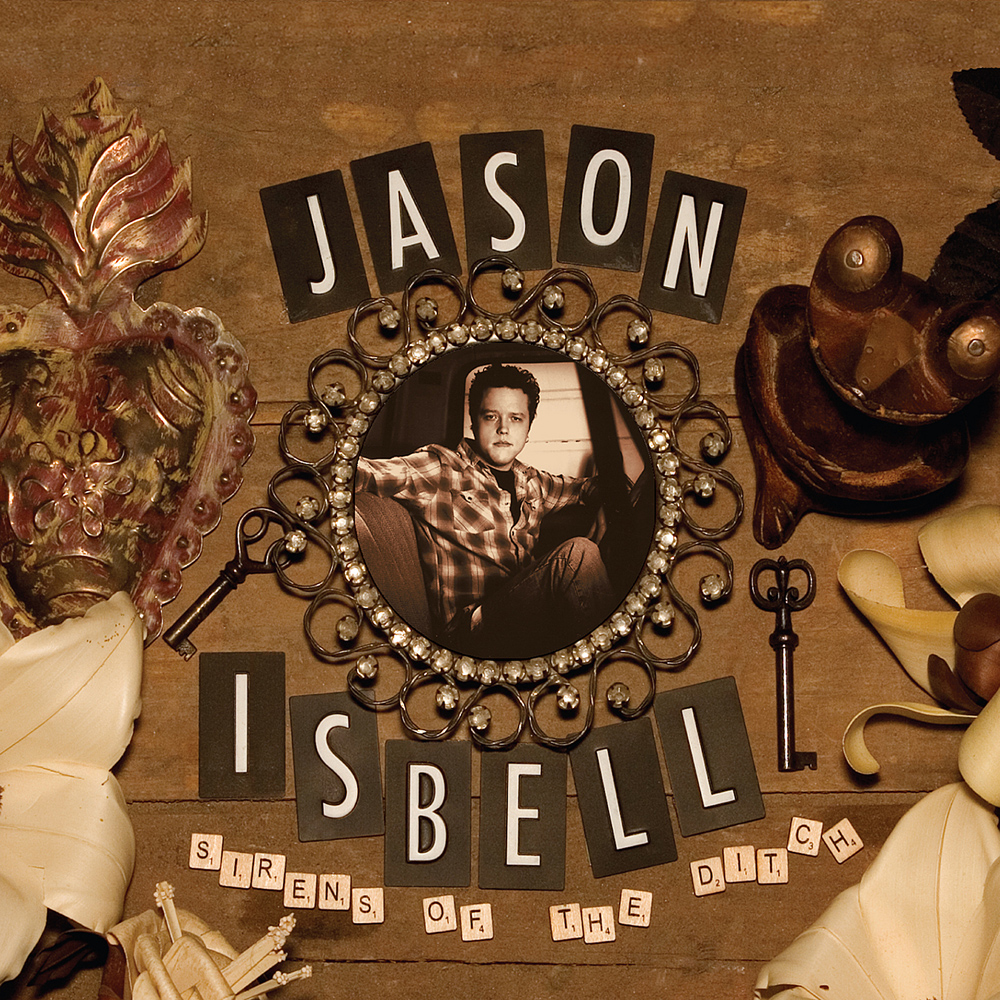
2007, 7/10
Jason Isbell’s solo debut was released shortly after he left the Drive-By Truckers, with former bandmates Patterson Hood, Shonna Tucker, and Brad Morgan all guesting. The album also features veteran Alabama studio musicians David Hood and Spooner Oldham. These musicians give Sirens of the Ditch a rawer sound than Isbell’s other solo work, and even though Isbell’s writing is inconsistent on Sirens, it’s still it my favourite of his three pre-sobriety solo records.
Like his other early solo albums, there are a few strong songs among some more generic efforts. ‘Brand New Kind of Actress’ is an excellent opener, recounting the Phil Spector murder trial. The piano-driven ‘Chicago Promenade’ is pretty, while the blue-eyed soul of ‘Hurricanes and Hand Grenades’ recalls David Hood’s time in Muscle Shoals. ‘Dress Blues’ is an effective anti-war song, and ‘In A Razor Town’ is pretty and acoustic.
Sirens of the Ditch runs out of steam at the end, and even the best songs aren’t as good as his Drive-By Truckers work, or his later solo material. Nonetheless it’s solid enough to rank as the best of his pre-sobriety work.
Jason Isbell and the 400 Unit
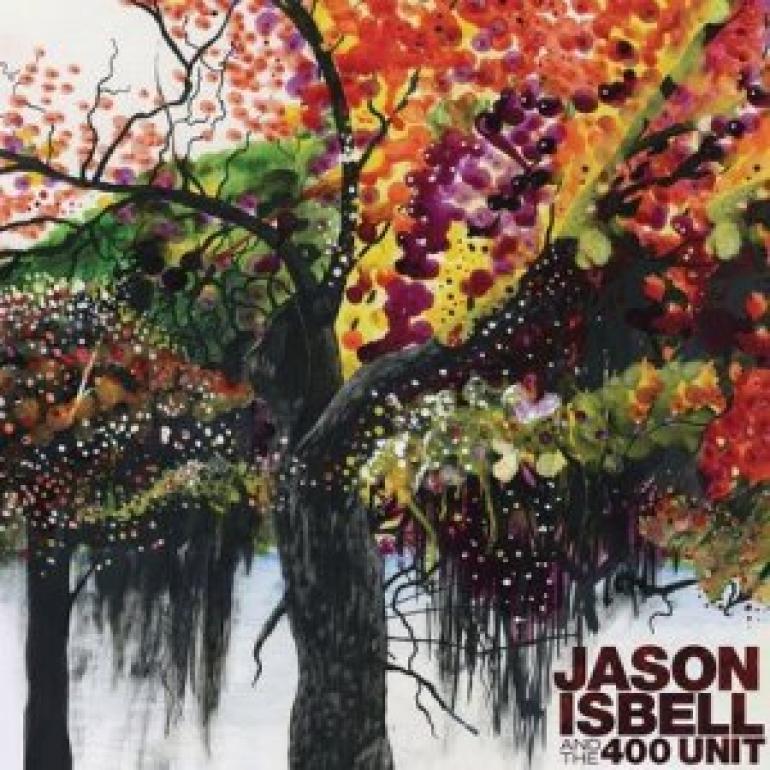
2009, 4.5/10
After Sirens of the Ditch used Isbell’s former colleagues in the Drive-By Truckers as backing musicians, Isbell formed his own backing band. The 400 Unit were named after a mental health facility in Florence – they’ve backed Isbell ever since, and their rootsy sound fits him well. But the new band is supporting Isbell’s weakest batch of songs, and even the stronger songs here feel like filler on his other albums.
Of the better songs, ‘How Long’ is heading towards punchy power pop. ‘Seven-Mile Island’ is an effective, atmospheric opener, and ‘The Blue’ is a pretty tune. But elsewhere serviceable tunes are drawn out too long, like ‘Cigarettes and Wine’, or engage in hackneyed sentiments like ‘The Last Song I Will Ever Write’.
Lacking in strong songs, Jason Isbell and the 400 Unit is the sound of a talented songwriter phoning it in.
Here We Rest

2011, 6.5/10
The last of Isbell’s pre-sobriety albums, Here We Rest is a rebound after the mundane Jason Isbell and the 400 Unit. It’s similar in sound, but the 400 Unit have much stronger songs to work with this time.
Opener ‘Alabama Pines’ connects like nothing on the previous album did, nostalgic and graceful, while ‘Daisy Mae’ benefits from a solo acoustic treatment. The most polarising song on Here We Rest is the bouncy ‘Heart on a String’, another of Isbell’s dabblings in the Muscle Shoals sound – it’s arguably generic, but it suits Isbell’s pleasant voice. For me, the weakest song is the repetitive ‘Codeine’.
Like all of Isbell’s early solo albums, Here We Rest is frustrating – Isbell’s songs are too patchy for a writer of his quality, and it would be worth releasing a compilation of the best material from these records.
Southeastern
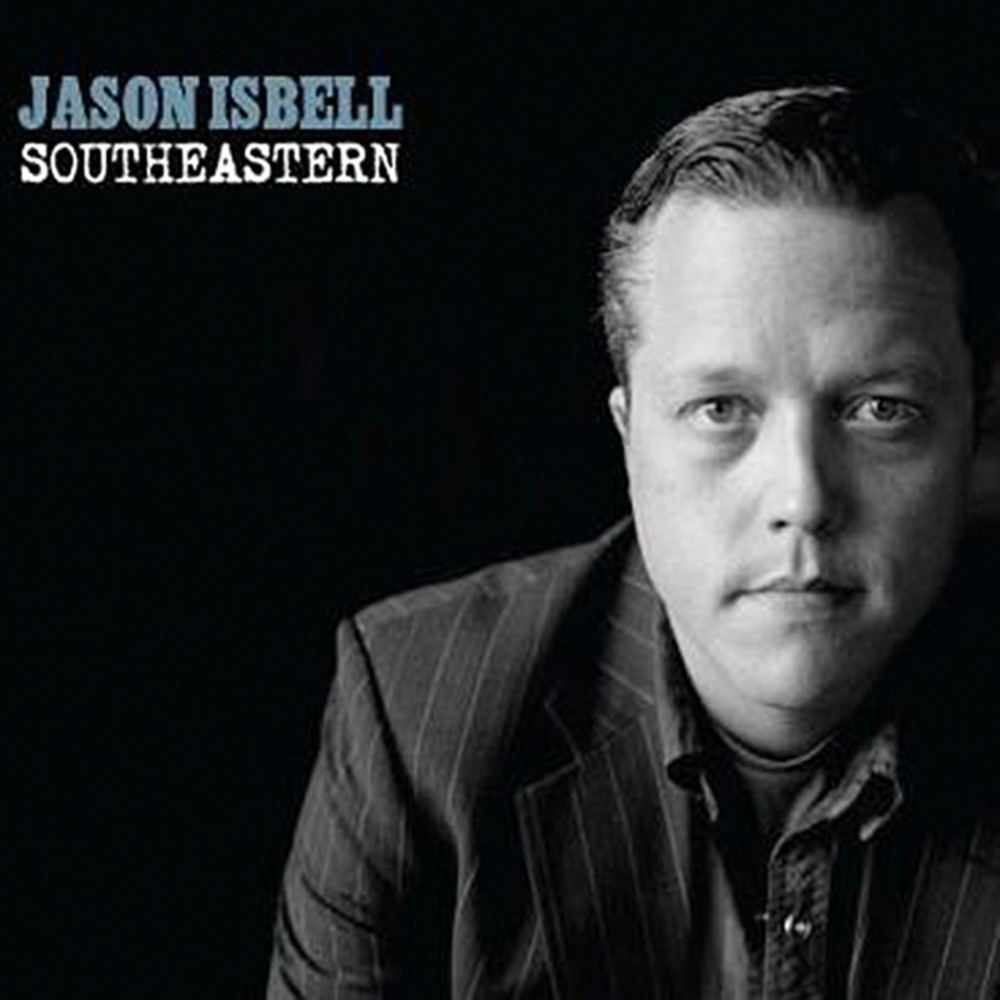
2013, 9.5/10
After three solo albums of under-achieving rootsy rock, Isbell’s girlfriend arranged an intervention and put him in rehab for alcohol addiction. The Isbell that emerged was more focused and writing more personal songs, achieving the potential that his work with the Drive-By Truckers hinted at. These songs are mostly stripped down to basic acoustic arrangements.
There are tales of personal redemption on ‘Live Oak’ and ‘Travelling Alone’, and nostalgia coloured by regret on ‘Songs That She Sang in the Shower’, but the most devastating piece is ‘Elephant’, where ill people try to ignore their circumstances despite the futility. ‘Relatively Easy’ is a great closer, a pretty ascending melody and guardedly optimistic lyrics. Among all of the contemplative acoustic songs, there’s a great riff rocker in ‘Flying Over Water’, and it’s probably my favourite song on here, as the change of pace makes it stand out.
Southeastern isn’t perfect – the irritating rocker ‘Super 8’ is a good candidate for worst song on a great album – but Southeastern is a masterful work by a talented songwriter.
Something More Than Free
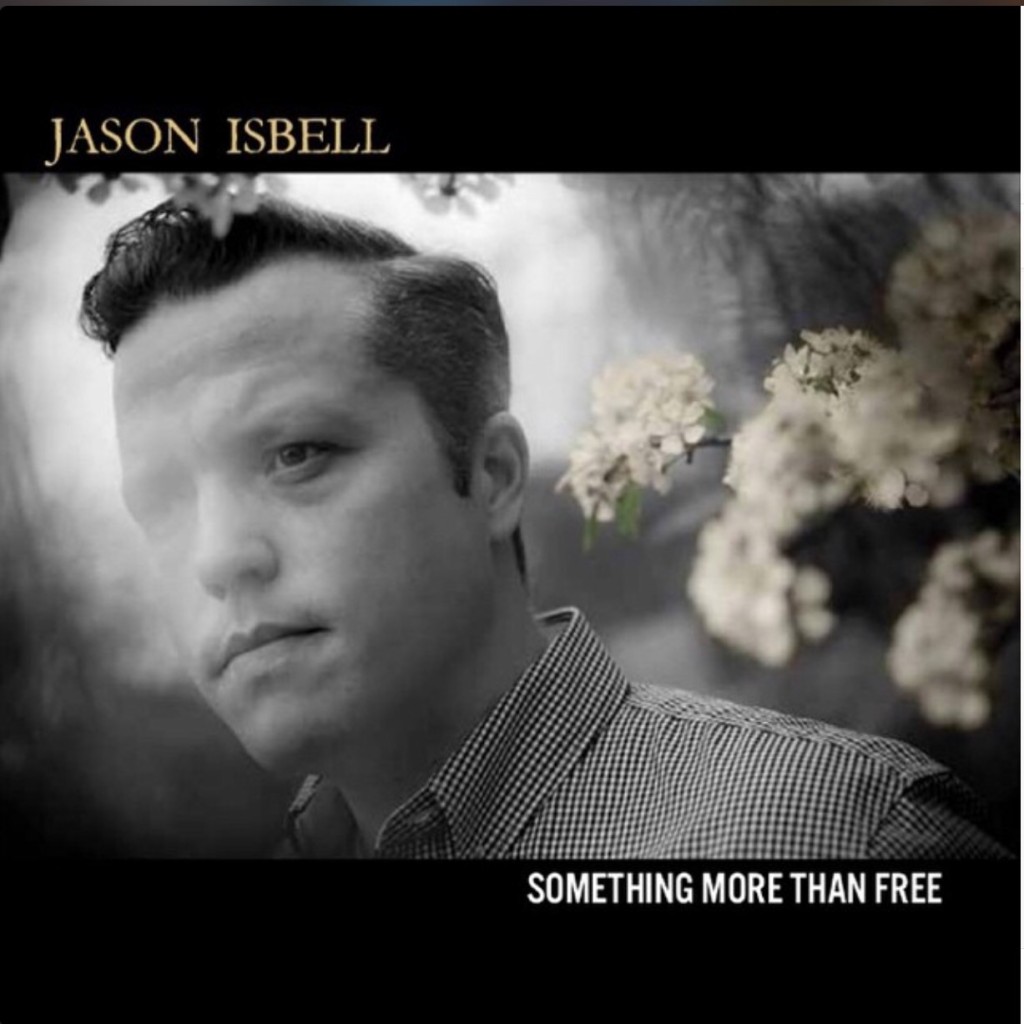
2015, 8.5/10
Jason Isbell followed up his 2013 breakthrough Southeastern with an album that followed a similar template musically. But while the songs on Southeastern were often personal and autobiographical, Isbell’s songs on Something More Than Free often take the vantage point of an outsider looking in, often empathetic stories from America’s heartland; the narrator on the excellent title track is too tired to go to Church but thankful for the work. If this already sounds reminiscent of Springsteen, it’s perhaps not a coincidence that there are songs named ‘Speed Trap Town’ and ‘Hudson Commodore’.
After enjoying Southeastern instantly, it took me longer to appreciate Something More Than Free; mostly because it starts with the generic ‘If It Takes A Lifetime’; an upbeat country song that deals in the clichés that Isbell generally avoids. But further in there are plenty of treasures; I assumed ‘To A Band I Loved’ was a tribute to his former band-mates in The Drive-By Truckers, but it’s actually about Centro-Matic, while ’24 Frames’ and ‘The Life You Chose’ are immediate and propulsive. The line “are you living the life you chose/are you living the life that chose you?” is evidence of Isbell’s skill as a lyricist.
Isbell’s ability to seamlessly slide into a third-person mode of songwriting on Something More Than Free is evidence of his skill, and it’s another very substantial effort.
The Nashville Sound
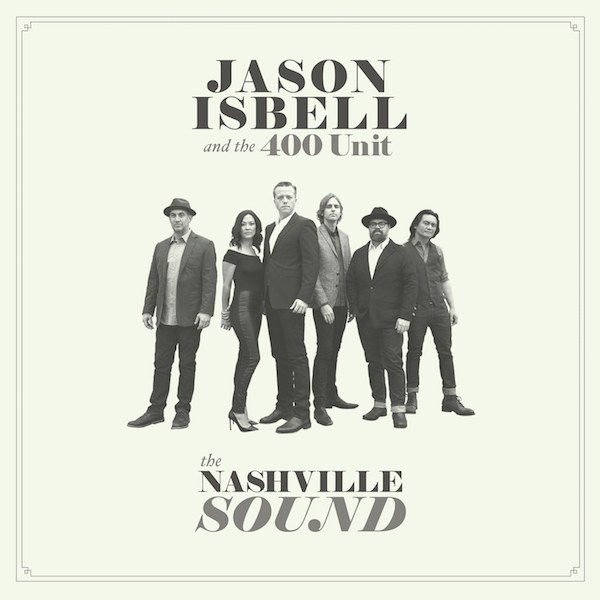
2017, 7.5/10
After a couple of albums of largely acoustic material, Isbell reunited with the 400 Unit for a more rock-oriented set. It’s a good career step, widening his stylistic range, but it’s still less satisfying than his two previous albums. As they showed, Isbell’s at his best when he’s personal and vulnerable, and the songs on The Nashville Sound don’t always play to that strength. On the other hand, Isbell’s move away from personal to political is worthwhile – Isbell’s been an outspoken critic of President Trump, and it manifests itself in the call for unity of ‘Hope The High Road’ and the questioning of white privilege on ‘White Man’s World’.
The rock sound works on excellent songs like ‘Hope The High Road’ and ‘Cumberland Gap’. There are also low-key charmers like ‘Tupelo’ and the confusingly titled song of devotion, ‘If We Were Vampires’. Conversely, I find the seven minutes of ‘Anxiety’ difficult – it’s clearly a meaningful song for Isbell, but it’s overlong and a little sluggish.
The Nashville Sound is often worthwhile, but it’s less consistent than his previous two records, and ever so mildly disappointing.
Reunions
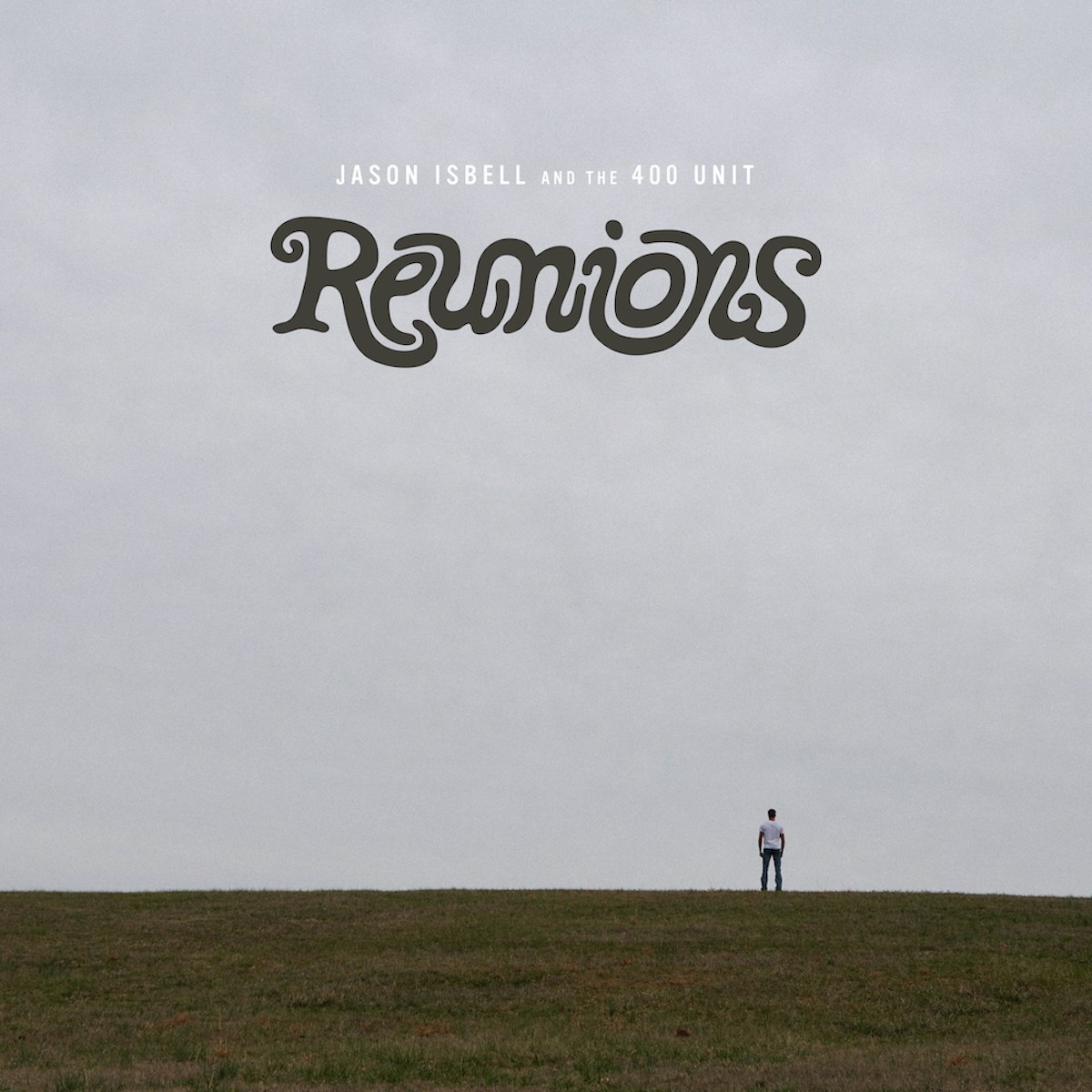
2020. 7.5/10
Reunions shows the incompatibility in Isbell’s primary talents. He’s a terrific lead guitarist, but his many of his best solo songs are honest and acoustic. The mix on Reunions of acoustic material and rockers throws up an inconsistent track listing, but there are enough examples of top-drawer songwriting to sustain it. Isbell is supported by his usual team; producer Dave Cobb and the 400 Unit (which includes his wife Amanda Shires on fiddle and backing vocals). David Crosby drops in to provide backing vocals on several tracks.
Reunions opens in my least favourite Isbell mode – ‘What’ve I Done To Help’ is long and repetitive. Isbell’s best on Reunions when he’s singing about his family – closing song ‘Letting You Go’, about his daughter growing up, is irresistibly heartfelt, while ‘Overseas’ successfully folds intimate lyrics into a hard rocking song. ‘River’ is another gorgeous acoustic piece, but the rockers like ‘Running With Our Eyes Closed’ and ‘It Gets Easier’ lack memorable choruses.
Isbell remains an extremely accomplished songwriter at his best, delivering the same timeless material as prime Bruce Springsteen. Like 2017’s The Nashville Sound, Reunions mixes terrific songs with passable ones, resulting in a worthwhile but uneven effort.
WEATHERVANES

2023, 9/10
Jason Isbell first emerged as a songwriter in the Drive-By Truckers, writing beloved songs like ‘Outfit’ and ‘Decoration Days’. His solo career started a little uncertainly – it wasn’t until he became sober in 2012, and married fellow Americana artist Amanda Shires, that his solo output matched his potential. Southeastern and Something More Than Free were both excellent – the former exorcising his personal demons, and the latter featured Springsteen-like portraits of blue-collar America. His next two records were worthy but less convincing. Isbell reunited with his band, the 400 Unit, and explored more rock-oriented sounds.
Weathervanes hits a nice middle point between these two poles – he feels more like a singer-songwriter here, with more personal lyrics, but there’s also a tough rock sound in places. It’s excellent, easily among the top echelon of his solo work. Isbell wrote these tracks while appearing in the Martin Scorsese film Killers of the Flower Moon. Songs like ‘King of Oklahoma’ demonstrate Isbell’s ability to straddle intimate songwriting with guitar muscle. Isbell’s also able to cut loose on the taut riff rocker ‘This Ain’t It’. Here’s a live version of ‘King of Oklahoma’, with extended guitar soloing. The more acoustic-oriented songs are also excellent – ‘White Beretta’ is a great set of lyrics that works printed on the page, while ‘Strawberry Women’ features pretty acoustic picking.
We were running through the red lights
In a hurry to get to nowhere
In a white Beretta
Weathervanes is impressive – it keeps momentum for an hour, packed with strong material.
Ten Favourite Jason Isbell Songs
Flying Over Water
Relatively Easy
24 Frames
Elephant
Something More Than Free
To A Band I Loved
Hope The High Road
Letting You Go
Life You Chose
Cumberland Gap
Back to 2010s Album Reviews….
3 Comments
Leave a Reply
Related Pages
About
Aphoristic Album Reviews is almost entirely written by one person. It features album reviews and blog posts across a growing spectrum of popular music.
Review Pages
Read about the discographies of musical acts from the 1960s to the present day. Browse this site's review archives or enjoy these random selections:
Blog Posts
I add new blog posts to this website every week. Browse the archives or enjoy these random selections:
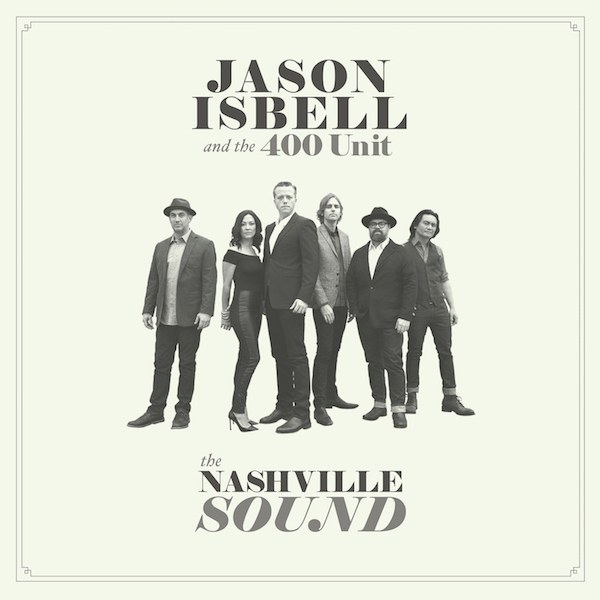




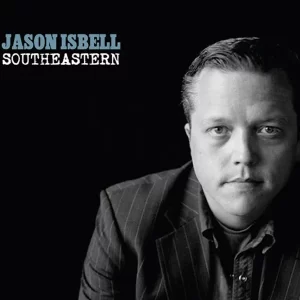
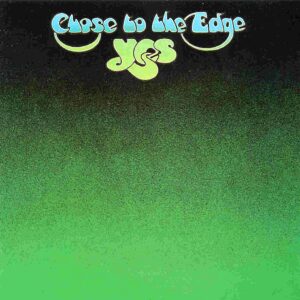
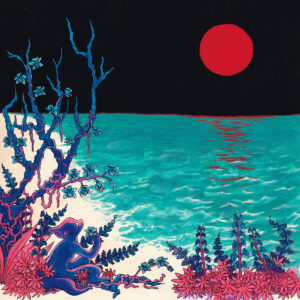
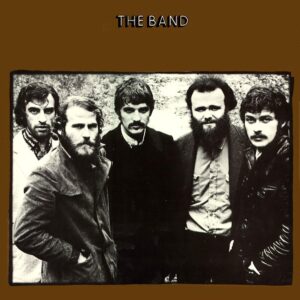
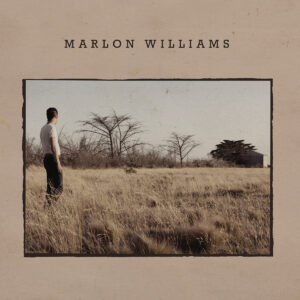

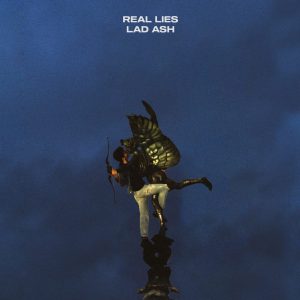


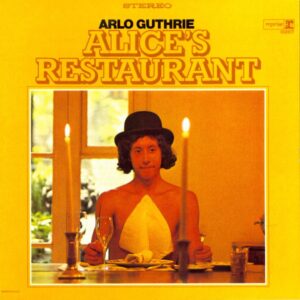
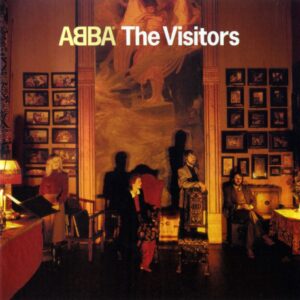
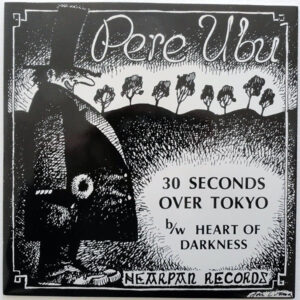

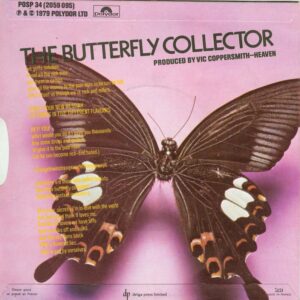

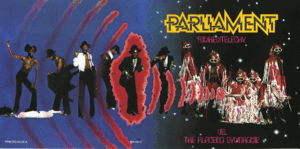




Might have to give him try
He’s definitely building a reputation – just gradually becoming famous by releasing high quality music.
You got my attention when you mentioned “Truckers”. I seen a gig a few years back where the backed up Booker T. I enjoyed it. There is so much good new music out there I try to find time for it. Lots of good intentions on my part.